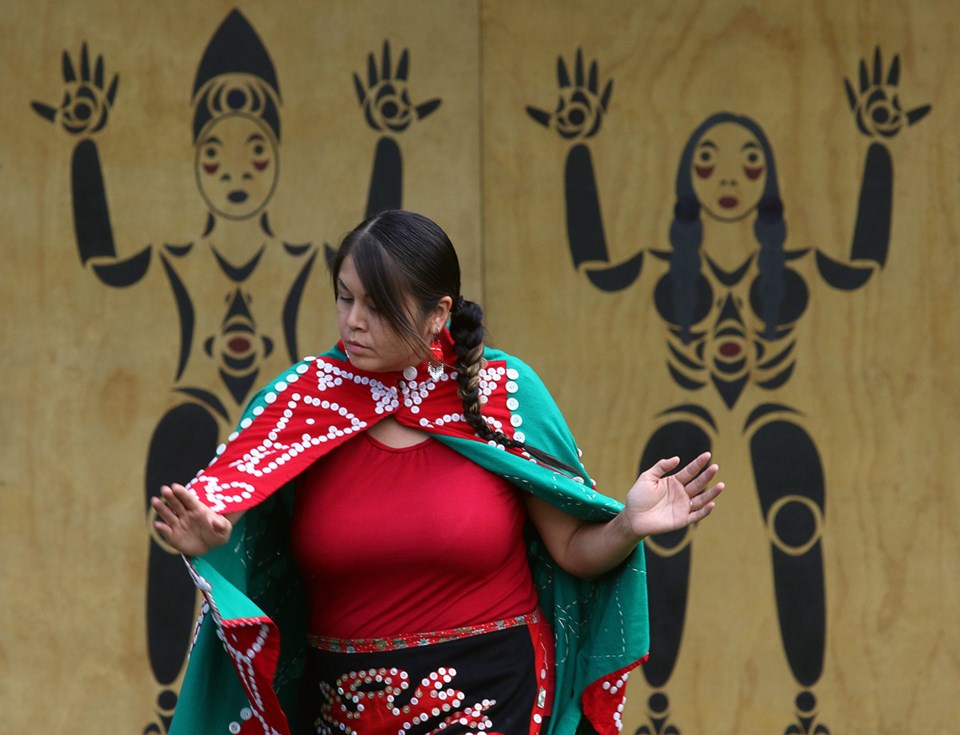Port Moody will work to heal its historical relationship with Indigenous communities and reconcile with them for the city’s own colonial past.
Coun. Meghan Lahti, who’s also chair of Port Moody’s heritage commission, said the time is right to address “meaningful redress and reconciliation” with Indigenous people who preceded the settlers that founded the city.
“Reconciliation involves humble recognition of our colonial past, and offers opportunity to bring healing,” she said.
The city resides on the traditional territories of five First Nations: kʷikʷəƛ̓əm (Kwikwetlem First Nation); səl̓ilw̓ət (Tsleil-Waututh); sq̓əc̓iy̓aɁɬ təməxʷ (Katzie); xʷməθkʷəy̓əm (Musqueam); Skwxwú7mesh (Squamish) and Stó:lō.
While some of the groundwork for reconciliation has already been laid by a special subcommittee of Port Moody’s heritage commission, Lahti said discussions with local First Nations elders indicated the effort needed the heft of the city behind it to ensure accountability and understanding of its own history.
She said some of that effort will include a review of the city’s archives, as well as its inventory of storyboards, stone markers and other “public facing heritage collateral” to ensure they contain language that is respectful to Indigenous communities.
The work would be done by an outside consultant.
Coun. Amy Lubik suggested names of city streets should also be considered, as some honour pioneers involved in colonizing First Nations.
“There’s a lot of pain that can come out of that, seeing those titles all the time,” she said.
Coun. Diana Dilworth said it’s important that Port Moody recognize the importance of its Indigenous history. “We have this opportunity to recognize the role Indigenous history played in the evolution of Port Moody.”
Coun. Hunter Madsen added a better understanding of the city’s pre-colonial history will be “enriching for what it means to be living in Port Moody.”
The review is the latest effort by the city to be more inclusive of the Indigenous community.
On June 21, National Indigenous Peoples Day, it issued a statement expressing admiration for and gratitude to Indigenous groups whose ancestral lands now comprise Port Moody. As well, Port Moody will work with First Nations’ organizers to put together an annual community celebration of the holiday, beginning in 2023. Previous celebrations were organized independently.
In February, council approved the creation of a task force comprised of Indigenous, First Nations, Inuit and Métis community members to review various initiatives to address reconciliation efforts in Port Moody, as well as provide further ideas and feedback.
Councillors also agreed to organize a blanket exercise — a kind of interactive educational program — for themselves and senior staff to get a better understanding of Indigenous history and the First Nations experience.
The exercise, which invites participants to explore a series of connected blankets on the floor while a narrator explains the history of Indigenous people, would be repeated for subsequent incoming councils.
The city has also been supportive of the Welcome Post project that will feature five Coast Salish house posts erected along a portion of Shoreline trail to be renamed In the Presence of Ancestors.
“The house posts will commemorate each Nation uniquely by expressing who they are, their values, and their story,” said a recent report to council, adding such posts and welcome figures were once a common sight along Port Moody’s shores.



